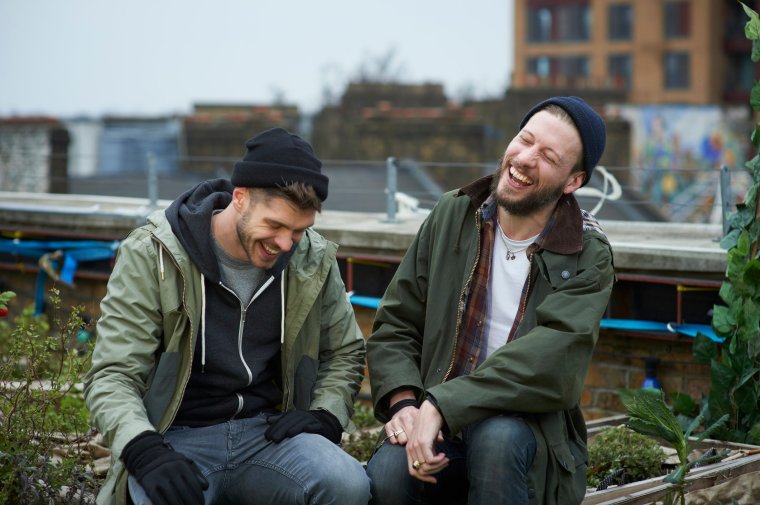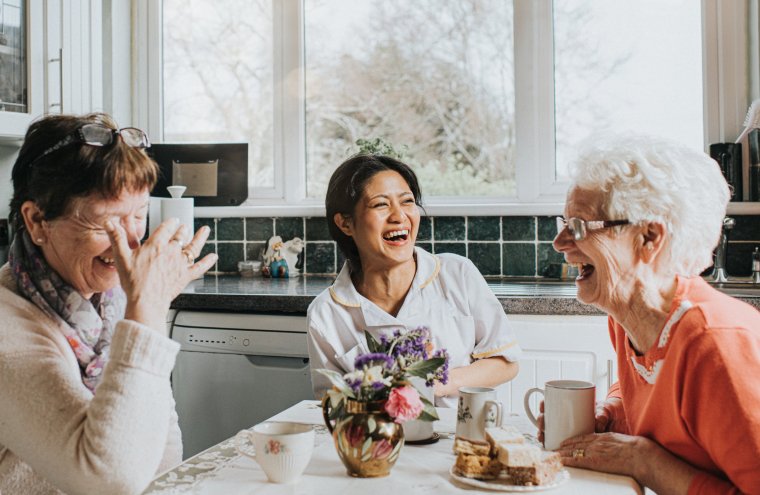This has been Loneliness Awareness Week, and there has been a lot of focus on what to do if we feel lonely. This year, the theme has been “connection matters” – and it really does: our social networks, connections and relationships are fundamental drivers of our wellbeing.
But what does “connection” mean, what does it look like and how can we make sure the friendships and relationships we put energy into are healthy?
In order for a connection to be effective and make a difference to our wellbeing, it has to fulfil certain criteria.
There are things you might already think about when it comes to connecting with others, and also things that might come as a surprise to you…
Authenticity

Relationships only work if they are between two people who are being authentically themselves – it is extremely hard to keep up a pretence for very long about who you are.
At some point the mask will slip and you will find that a relationship falls apart because its very basis has been on shaky ground. It is extremely tiring to keep up an act with someone you are trying to be close to, but it also has damaging consequences, in that it gives us the message that who we really are is deficient and not good enough. Are you being yourself in your relationships?
Quality
Connection must be meaningful – it is no good having loads of people around you and lots of friends in your contact list if all you are doing is talking about things that don’t matter, or if whenever you meet them you come away feeling worse.
For our relationships to be nurturing, we need to feel heard, seen and valued, and we need to be able to express and communicate our needs. And on the converse, we need to allow others to do the same. Ask yourself who are you surrounding yourself with and what do they bring?
Vulnerability
To really feel connected, it is essential for us to be vulnerable – to open up and risk potential judgement, hurt and challenging feelings. To be able to do this, we need to discern when and with whom to be open. We won’t always get it right, but practice makes perfect. It is often when we lay ourselves bare emotionally that we find the best connections in our lives. Who out of our friends and family can you be vulnerable with and still feel safe?
What about the slightly more surprising aspects of effective connection?
Unexpected friends

Often the most incredible connections we make are with people we would never expect, at times we would never think and in situations we would never dream of.
What is interesting is that you can have two people who seem very similar, yet when you put them together, there is no spark and no connection, and vice versa.
The underpinning to those connections that really impact our lives tend to be shared values – kindness, passion, purpose or priorities. So be open when you are making new connections – you never know when an unexpected friend for life might come along.
Fleeting friends
Sometimes we are told that the only connections that really matter are the ones that last for ever, but that’s not true. Fleeting connections, whether that be during a short chat on the bus with a person we will never see again, or someone who is in our lives for a certain phase or transition, can have just as much positive impact on our wellbeing. We need to realise that people in our lives come and go for the time they are meant to be there, and not judge that or hang on too long.
Who stays and who goes
A big life event or crisis really does filter out those people who step up and those who disappear. And who they are can also be a massive surprise, shock and disappointment for us.
Some friends are there only for the good times and some only for the tough ones, and some for both. It is best not to judge this or take it personally – often it only reflects the mental state they found themselves in at that point in time. Instead, focus on those who are still there for you, be grateful for them and be there for them when they need you.

